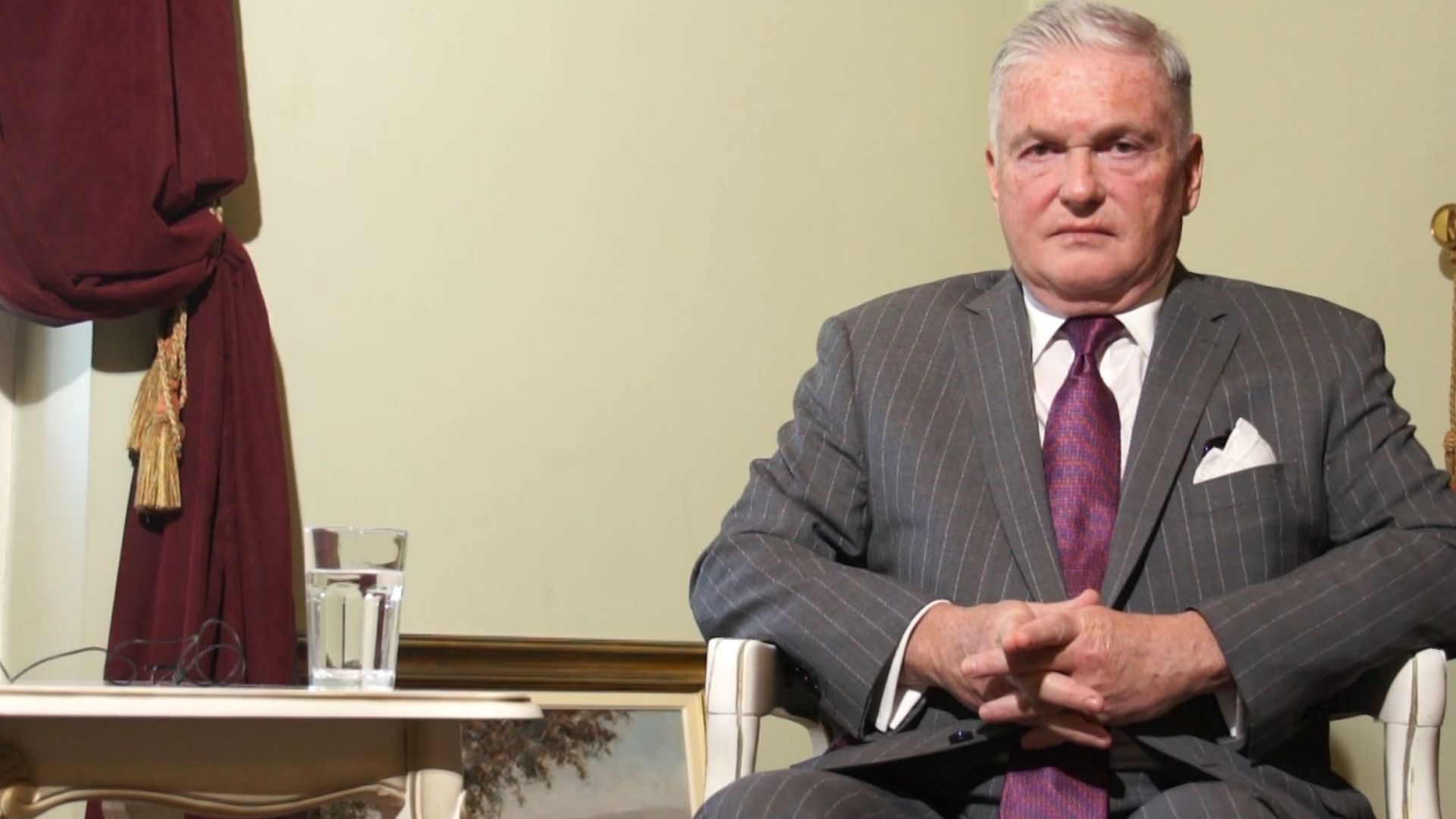David Cameron a câstigat clar ultima dezbatere, pe teme economice, care tocmai s-a încheiat. Brown l-a provocat permanent pe Cameron, dar a fost o tactica gresita: parea obosit (la început mai ales în prima parte a dezbaterii) si resemnat. Cameron a punctat foarte bine mai ales in domeniile educatie si imigratie, si când a acuzat eurofilia liberalilor. Nick Clegg a încercat iesiri-minciuna penibile, cum ca n-ar fi sustinut introducerea Euro, nici amnistia imigrantilor ilegali. In general, revolutionarul Clegg a fost în afara dezbaterii, oportunist, lipsit de orice substanta, un soi de Crin Antonescu ceva mai civilizat. Diferentele au fost clare între Cameron si Brown, liderul conservator subliniind de câteva ori, cu argumente si la momentele oportune, ca Brown confunda guvernul cu economia. Chiar asa a fost.
Update. De la Washington, Nile Gardiner titreaza David Cameron triumphs in final election debate
This was David Cameron’s night. His performance was assured, confident, and highly convincing. He looked like a prime minister this evening and, dare I say it, presidential as well. This was a performance that would have played well on both sides of the Atlantic, especially on the immigration question. On the economy, Cameron was the only candidate who actually talked about cutting government spending, with specific proposals for doing so. He also demonstrated a far stronger awareness of the scale of the debt-driven financial crisis spreading from Greece across Europe, and his emphatic rejection of the Euro was an excellent point, which certainly hit home.
In contrast, this was a disastrous debate for Nick Clegg. His handling of the immigration issue was little short of calamitous. He looked deeply out of touch with public concerns over high levels of immigration, and he didn’t have any serious ideas about actually reducing it. He was caught spectacularly flat-footed over his party’s support for amnesty for illegal immigrants in the face of an onslaught from both Cameron and Brown. He then started to dig an even deeper hole when he began to deny it was his policy. This seriously undercut his credibility as a candidate for Prime Minister, and suggested he was two-faced over a critically important matter.
In addition, Clegg looked clueless on the economy, and I cannot think of a single coherent proposal he made which would actually create jobs, cut spending or reduce the massive national debt. At times he looked more like a Brussels apparatchik than a British leader, presenting a statist vision of a command economy, which will kill jobs and economic growth, especially in the City of London.
As for Gordon Brown, his defence of the government’s catastrophic economic record looked at times preposterous. No matter how many Treasury statistics he threw out, it was impossible for him to shed the image of a rapidly fading politician who has presided over the biggest British financial crisis in a generation. The Labour leader did slightly better than his Liberal counterpart, but was consistently dull, unimaginative and uninspiring. He also came across as obsessed with tired old class warfare rhetoric, which might have played well in the 1920s, but simply doesn’t cut it any more. (…)










![marius-bostan-foto[1] marius-bostan-foto[1]](https://inliniedreapta.net/wp-content/uploads/elementor/thumbs/marius-bostan-foto1-qt9ywoo2b2lgv37b76h9qr5yo6db5vwzoxbuvd4e6o.jpg)











